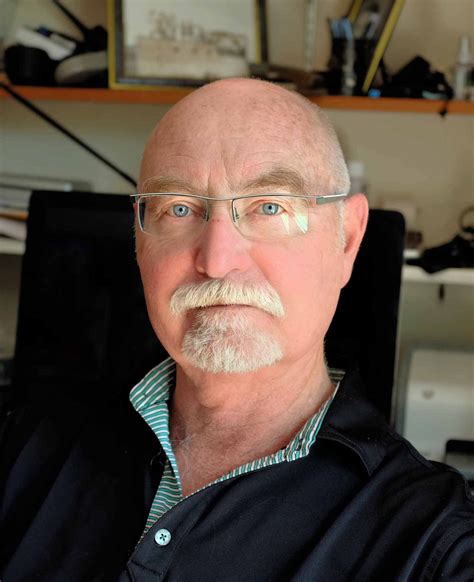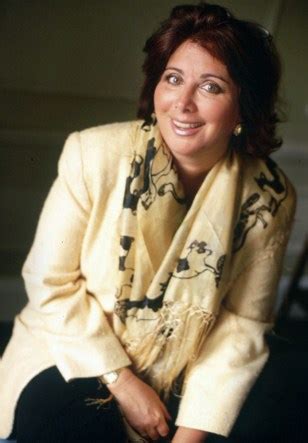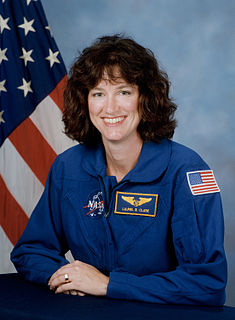A Quote by Rodman Philbrick
I assumed 'Freak the Mighty' was probably too weird and melodramatic to find a publisher. I certainly never expected the book to have a profound influence on my career as a writer, but indeed it has.
Related Quotes
What is striking is that from almost from the very beginning of certainly by September and October of 1963, as the book was being constructed, that [Alex] Haley was vetting - asking questions to the publisher and to the publisher's attorney regarding many of the things that Malcolm X was saying. He was worried that he would not have a book that would have the kind of sting that he wanted.
Write what you care about and understand. Writers should never try to outguess the marketplace in search of a salable idea; the simple truth is that all good books will eventually find a publisher if the writer tries hard enough, and a central secret to writing a good book is to write on that people like you will enjoy.
I've never really found inspiration for story ideas in the news, but I'd say it certainly affects our lives in so many ways. I would say that certainly the stories of the day appear in the work - I just have never gone so far as to say, well, this particular event could influence a plot of an entire book.
I've never translated more than one book by any author. But I'm fascinated by translators who have, like Richard Zenith, who's translated so much of Fernando Pessoa's work. I get restless for a new kind of influence. The books I've translated are books I want to learn from as a writer, to be intoxicated by. And translation is an act of writing in itself. It's an act of recreation - of a writer's cadence and tone and everything that distinguishes the voice in the book.




































